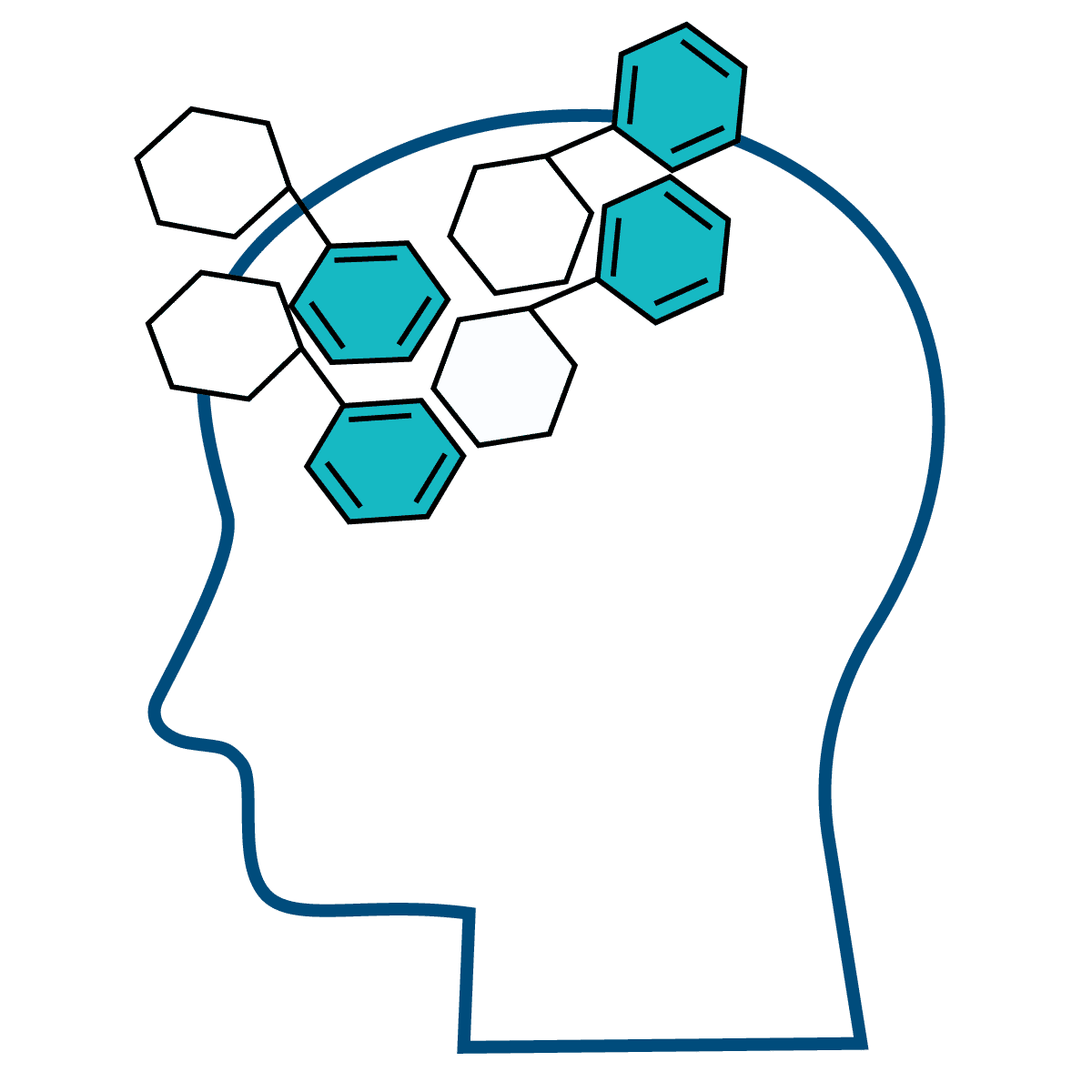Bipolar Disorder

Ketamine Treatment for Bipolar Disorder
Bipolar disorder is a major depressive disorder that affects millions of Americans each year. Symptoms can cause disturbances in a patient’s day-to-day life, mood, and relationships.
The depressive disorder has traditionally been treated with psychotherapy and/or psychiatric medications. Recent studies have shown ketamine therapy can be helpful in alleviating symptoms.
The professionals at Ketamine Wellness Infusions PA offer ketamine treatment for bipolar disorders in Philadelphia and surrounding areas. If you’ve been diagnosed, schedule a consultation with us to see how ketamine therapy can help alleviate your symptoms and improve your quality of life.
What is Bipolar Disorder
Bipolar disorder is a type of mental health condition that causes patients to experience extreme mood swings. During these mood swings, patients undergo periods of extreme depression followed by a period of mania or hypomania multiple times a year. Mood swings can affect sleeping patterns, activity levels, and change a patients’ behavior. There are three main types of bipolar disorder:
- Bipolar I disorder
- Bipolar II disorder
- Cyclothymic disorder
Bipolar I and II disorders both involve long periods of mood swings ranging from mania and/or hypomania to depression. Bipolar II is a milder disorder. Patients only experience hypomania and severe forms of depression.
Cyclothymic disorder involves shorter periods of mood swings where patients undergo symptoms of hypomania and depression. These symptoms are not long-lasting or as extensive as patients that are diagnosed with Bipolar I and Bipolar II. Patients diagnosed with this disorder do not experience periods of full mania.
Symptoms
When patients experience a depressive episode they undergo symptoms of depression like fatigue, insomnia, loss of interest in activities, feelings of guilt, and slowed behavior. Other symptoms of depression in patients with bipolar disorder are:
- Feelings of worthlessness
- Increased or decreased appetite
- Restlessness
- Slowed speech and/or body movements
- Difficulty concentrating
Manic episodes cause feelings of euphoria. Patients may feel an increase in activity levels, are easily distracted, talkative, and more likely to make poor decisions. Mania can also cause psychosis in some patients which may require hospitalization.
Causes of Bipolar Disorder
It is estimated that more than 10 million Americans have bipolar disorder. Causes of this disorder can range from genetics to environmental factors such as stress, alcohol abuse, substance abuse, or lack of sleep. Symptoms affect both men and women equally and can be diagnosed in children and teens.
Children and teenagers are 10%-25% more likely to develop bipolar disorder if one of their parents has been diagnosed. The likelihood of a child being diagnosed increases to 50% if both parents have the disorder.
Traditional treatment options for bipolar disorder among adults and children have been done through psychotherapy and psychiatric medications. In more recent years, ketamine therapy has also been proven to alleviate symptoms.
Ketamine and Bipolar Disorder
Ketamine has been found effective for major depressive disorders and can be recommended as adjunctive therapy for patients with bipolar depression. This type of therapy is especially effective when a patient’s depression doesn’t respond to psychiatric medications.
Ketamine therapy works by being administered intravenously. The medication improves nerve connections in your brain and has a direct effect on brain chemicals. It balances the brain chemical glutamate which improves symptoms of bipolar depression.
Traditional treatment methods such as medication and psychotherapy may take months to alleviate symptoms of bipolar disorder. Most patients who respond to ketamine treatment experience positive effects within several hours. If you respond positively to your first two treatments, you’ll have a series of six total infusions. A series of treatments produces long-lasting results so you’ll only need occasional maintenance treatment.
Once you complete the initial series of ketamine infusions, we will speak to your physician about your treatment and the progress you achieved. Working together with your provider will benefit your treatment outcomes, which is our main goal!
Schedule Your Consultation
Ketamine Wellness Infusions PA offers ketamine treatment for patients suffering from bipolar disorder in the Philadelphia area. Our team is here to help you alleviate symptoms of bipolar depression through ketamine treatments.
Contact our team of professionals today to schedule your consultation. We’re looking forward to helping you achieve better days ahead.
